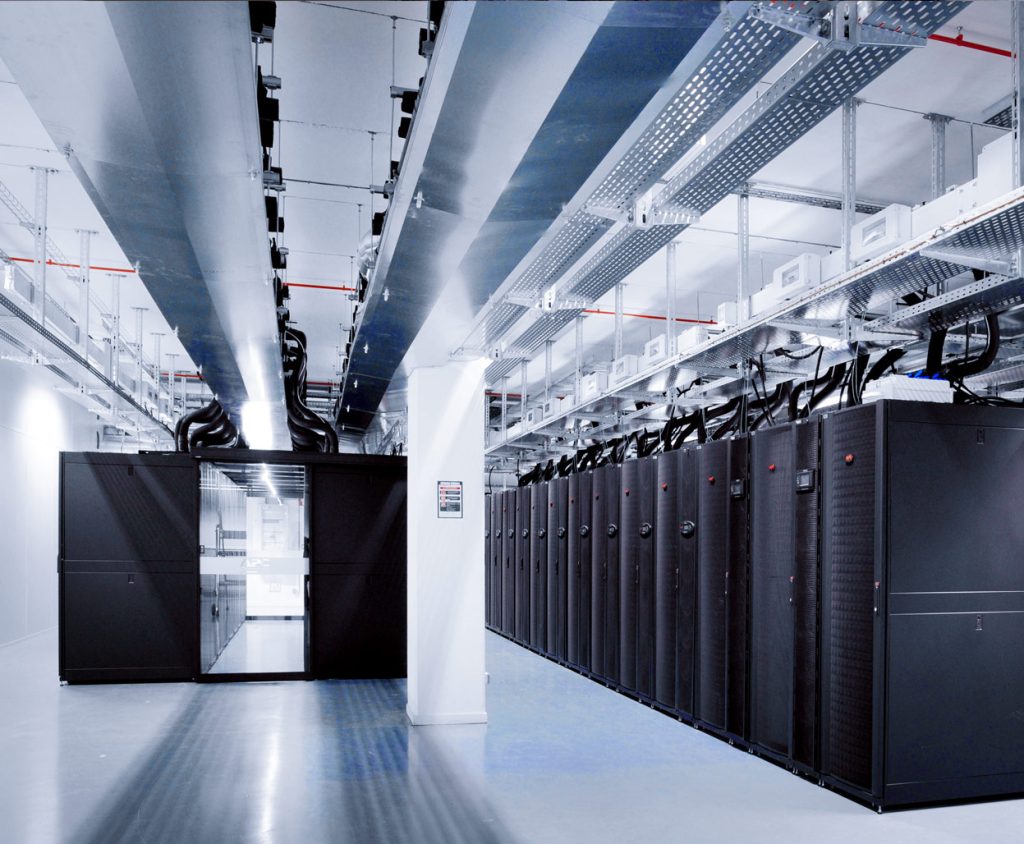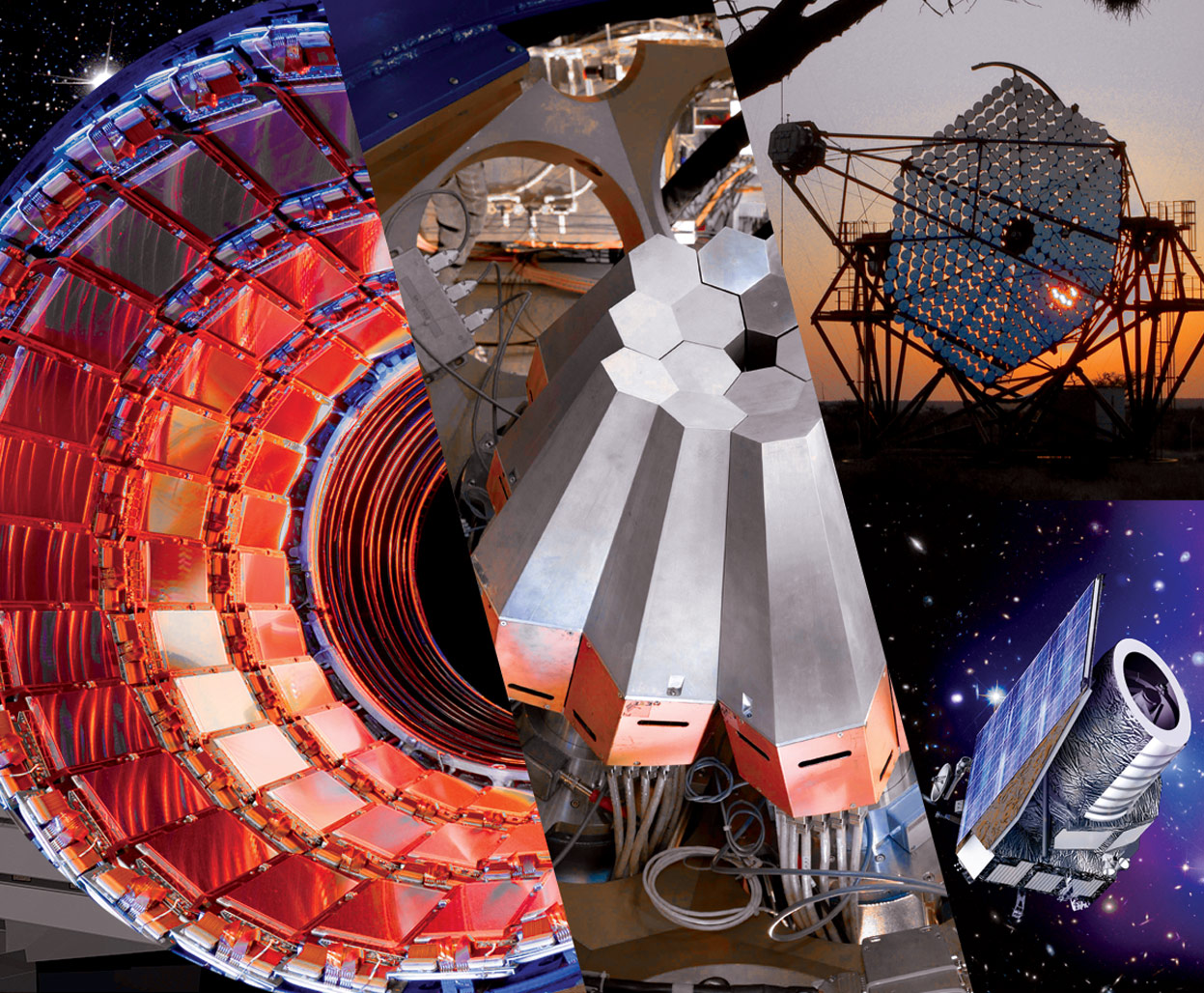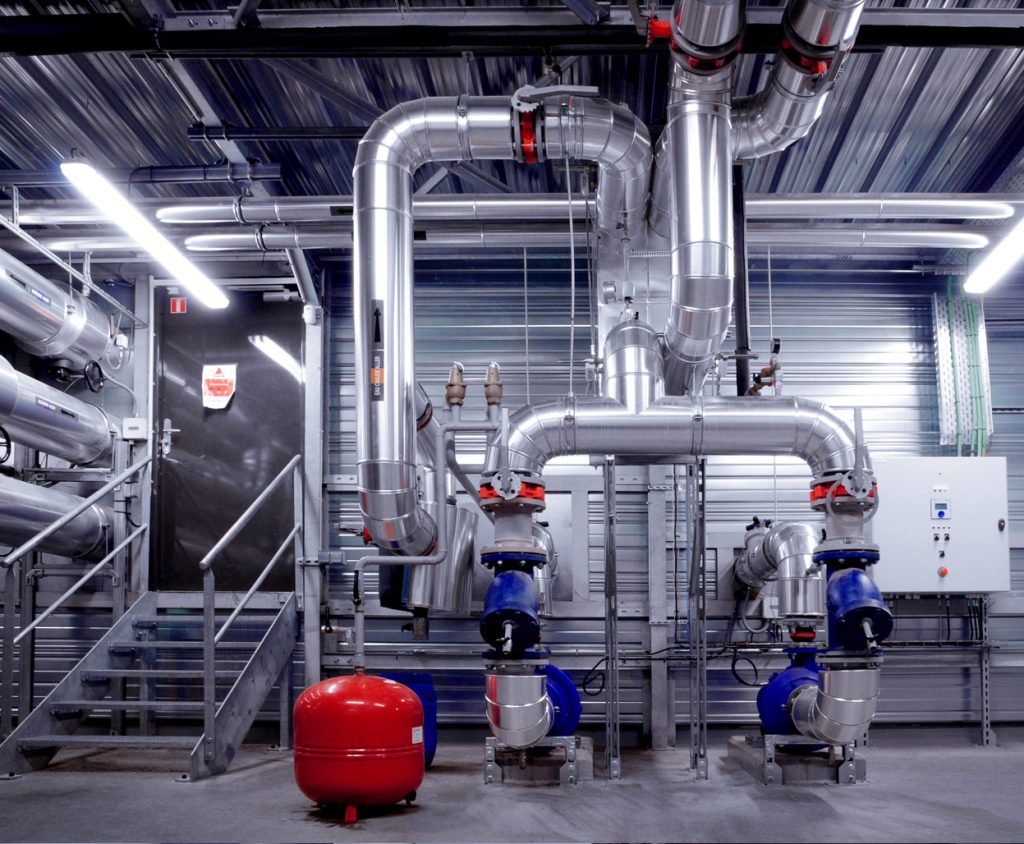IN2P3’s Computing Centre (or CC-IN2P3) is a CNRS support and research unit linked to IN2P3, the institute that pursues and coordinates research on particle physics, nuclear physics and astroparticle physics. A national research infrastructure, the CC-IN2P3 designs and operates an array of services, especially a mass storage system and mass data resources. The CC-IN2P3 has two computer rooms (each with a surface area of 850m2) with several thousand servers and libraries enabling the storage of nearly 340 petabytes of data on magnetic tapes.
CC-IN2P3 participates in some 50 international experiments and is heavily involved in managing data for major physics experiments. In particular, it is one of the 14 primary international centres for processing data generated by experiments at the LHC in CERN (Geneva), where the new Higgs boson elementary particle was discovered. It also provides a computing and storage ressources for the VIRGO experiment on gravitational waves. The next challenges that the CC-IN2P3 aims to meet relate, in particular, to managing the data of the forthcoming LHC High Luminosity project at CERN, the new SPIRAL 2 particle accelerator at GANIL, the BELLE II detector in Japan and several promising astrophysics projects such as the future LSST telescope, the EUCLID European satellite and CTA.
CC-IN2P3 also opens its resources on a limited basis to other communities. Life sciences and humanities, which both have needs similar to those of subatomic physics, benefit from a limited fraction of IT resources available at CC-IN2P3. In total, more than 2,500 researchers use the Centre IT resources, which are available 24/7 throughout the whole year.


Our services
Experiments conducted by subatomic physics researchers require the statistical analys of very large amounts of data that may be produced by an instrument (particle accelerator, telescope or satellite) or simulations. Comparing real and simulated data can then validate or invalidate certain theories specific to the discipline.
The main mission of the CC-IN2P3 is to provide these researchers with the computing power that they need and also the related information technology services. This entails providing a variety of services:
- A mass storage system and mass data processing resources
- Developing and managing tools for assisting scientific production
- Hosting services

Our domains application
The main mission of the CC-IN2P3 is to deploy the infrastructure and services needed by IN2P3 researchers working on the following topics:
- Particle physics, which aims to study the properties of the constituents of matter
- Nuclear physics, which studies the properties of atoms’ nucleuses and their constituents, nucleons
- Astrophysics and astroparticle physics, which study cosmic radiation and the content, structure and evolution of the universe
Some researchers may make limited use of CC-IN2P3 resources for other purposes. For example, life sciences and human and social sciences (through the Huma-Num very large research infrastructure) have needs quite similar to those of physics. Lastly, the CC-IN2P3 is involved in various transdisciplinary European or regional projects.

Our users
More than 2,500 people use CC-IN2P3 resources. Most of them are researchers, Ph. D. Students or post-doctorate scholars from IN2P3 laboratories or universities, colleges (such as INSA and ENS) under a joint supervision agreement with the CNRS or the CEA’s Institute of research into Fundamental Laws of the Universe (IRFU). In addition, resources are used by researchers (sometimes from private companies) for European or regional projects.
The CC-IN2P3 is not, however, exclusively for researchers. Technicians and engineers from the IN2P3 also have access to different software offered by the Centre (notably for detector design) and office staff regularly use some of the services run by the Centre (such as email, back-up services and so on).

Computer science research
Since 2008 the CC-IN2P3 has a team – called the CCLab – dedicated to computer science research and experimental development in preparation of future physics experiments. CCLab operates around clearly identified research projects and pools the diverse expertise of the CS researchers, scientists who use the centre resources centre and specialist engineers from the CC-IN2P3.
The team’s research themes include the simulation of distributed systems applications and scientific workflows scheduling, performance analyses of parallel codes and the study of the storage, network and pipeline aspects of applications in astroparticle physics.
The team also handles some CC-IN2P3’s participation in various national and European research projects. Lastly, the CCLab is tasked with building ties between the CS research community and scientists whose use the Computing Centre and with strengthening work with other high-performance computing centres.

Environmental policy
The CC-IN2P3 strives to ensure it runs its infrastructure in an environmentally friendly way. When the new IT room was built, bays were fitted in confined hot aisles so as to lower the energy efficiency indicator from what it had been in the older room.
Furthermore, an energy recovery unit uses the heat emitted by servers to heat the CC-IN2P3 building and also to supply heat to other buildings nearby.
The CC-IN2P3 also uses energy saving measures by increasing server virtualisation and minimising the number of physical servers. As part of the environmental policy, superfluous equipment is systematically shut down and energy-efficient equipment is purchased.

